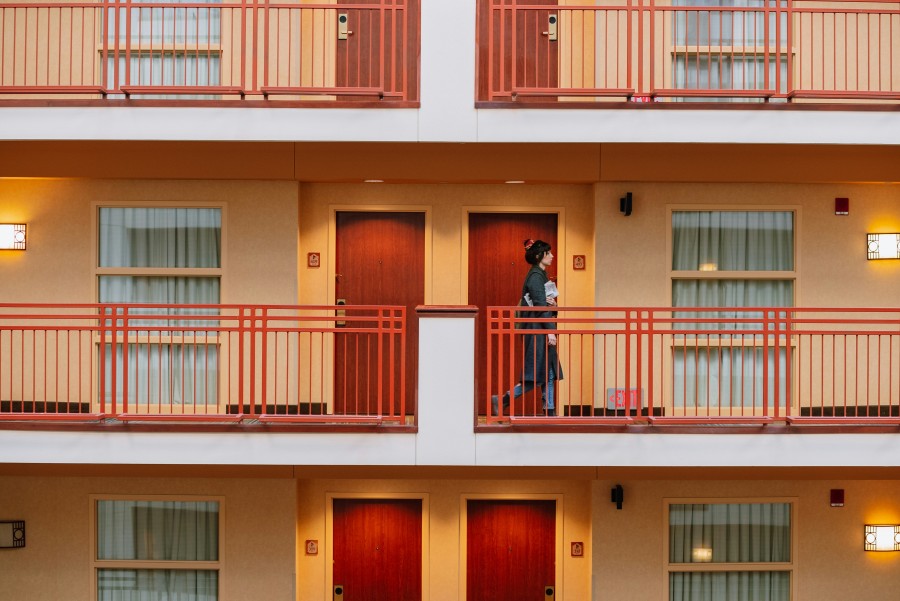
Search
Impacts of macroeconomic policies on objective and subjective wellbeing: The role of housing tenure

Published: 2025
Authors: Amelia Blamey, Arthur Grimes, Norman Gemmell
Rising house prices
A summer’s day for owners
Winter for renters
Summary
Between 2005 and 2021, house prices in Aotearoa New Zealand rose 142%, and that surge has deepened inequalities in people’s wellbeing.
Homeowners gained; renters lost ground. When house prices rise, homeowners who own their homes outright feel a small boost in their financial wellbeing — but, relative to outright owners, renters and mortgaged homeowners have less to spend on other essentials.The research shows both private and public renters report lower life satisfaction when house prices rise, while homeowners’ happiness barely shifts.
Inflationary economic policies have helped drive up property prices, which in turn have magnified wellbeing differences across housing tenures.
Policymakers can help reduce inequality by considering the negative wellbeing impacts, especially for renters, of rising house prices and rents when shaping monetary and housing policies.
Objectives/Research question
We explore the extent to which higher property prices (i.e. house prices and rents) affect objective and subjective wellbeing, and how these effects vary by housing tenure.
Methods
We measure objective wellbeing using non-housing consumption expenditure (NHE) and subjective wellbeing through life satisfaction. Housing tenure types include private renters, public renters, outright homeowners and mortgaged homeowners. We estimate the effect of property prices on each wellbeing indicator by tenure type. We also identify contributions of monetary policy to property price developments. Our analysis uses survey data from 84,732 representative households collected by Stats NZ.
Results
We find monetary policy contributed to increases in property prices (house prices and rents) in Aotearoa. While higher property prices are associated with higher objective wellbeing for outright homeowners, this is not the case for people in other tenure types (mortgaged homeowners, private renters and public renters). The subjective wellbeing of (private and public) renters declines as property prices rise, while homeowners report little change in response.
Conclusions
Our results indicate macroeconomic policies, operating through the property market, have exacerbated wellbeing inequalities associated with housing tenure.
Implications
Policymakers need to consider the negative effects of higher house prices and rents on the wellbeing of renters when designing and implementing policies that affect prices in the housing market.
Citation
Blamey, Amelia, Arthur Grimes and Norman Gemmell. "Impacts of macroeconomic policies on objective and subjective wellbeing: The role of housing tenure.” Motu Working Paper 25-09. Motu Economic and Public Policy Research. Wellington, New Zealand
Funders
Victoria University of Wellington


Level 1, 97 Cuba Street, PO Box 24390
Wellington 6142, Aotearoa New Zealand
Media enquires: 021 837 966
Phone: 04 939 4250
 Back to main menu
Back to main menu
